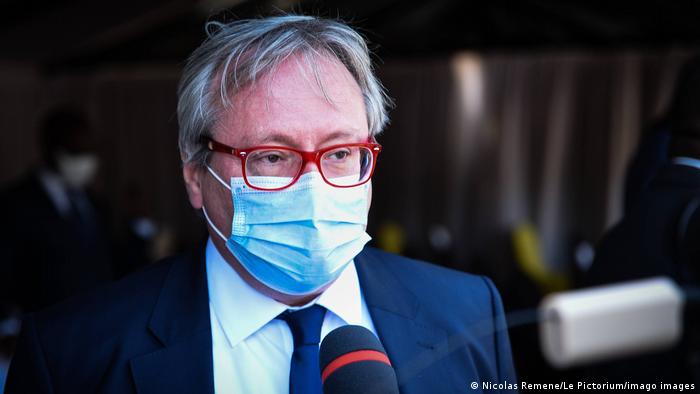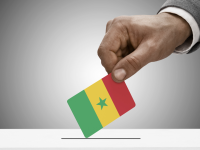To be a child in Nigeria is both beautiful and satisfying to a large extent…

Mali, French ambassador expelled while Russian influence grows
A short press release read on national television in Mali, where the government of Bamako orders the French ambassador to leave the country within 72 hours, fully photograph the drift of relations between African country and Paris. A quick call to the Foreign Ministry and a peremptory invitation to leave for Ambassador Joel Meyer are the response to the declarations of Foreign Minister Jean-Yives Le Drian who had branded the malian military government as illegitimate. The declaration of the representative of Quai d’Orsay have been described as outrageous and hostile by the military council led by Colonel Assimi Goita and could put an end to franco-malian relationship. Of course, words are the excuse and facts are reality. France intervened militarily with the Barkhane operation in Mali in 2013, when Tuareg rebels and Islamists were marching towards to Bamako. But after almost 9 years of very expensive military intervention and very disappointing results, President Macron has decided to demobilize from Mali. The first reaction was indignant and the Bamako government accused France of abandon. The surprising and organized jihadist action, which completely destabilized the whole Sahel, turned the tables. In recent years, the number of civilian victims has never stopped increasing, while the area of insecurity has expanded despite the strengthening of the international military system: the French mission Barkhane, then the blue helmets of Minusma, the European trainers of EUTM and finally Takuba, the latest addition that brought together the special forces of various european countries, including an important italianmilitary contingent. The inadequacy of the response to the jihadist phenomenon explains the continuous coups d’etat in Mali, twice in less than a year, Guinea, Chad and in last weeks Burkina Faso. Today the defense of Mali, a key state in the geopolitical chessboard of the Sahel, is in the hands of Wagner Group a militia of former russian special forces that is already present in Libya, Sudan and the Central African Republic. Through this unofficial and unrecognized channel, Moscow takes economic control of the resources of african countries, ousting the French in many cases. Moscow’s expansionism in the region seems unstoppable with a domino that could also bring Guinea-Conakry and Burkina Faso to Putin’s court. Meanwhile, in recent days, Italy has played an active role in solving problems of Mali, summoning the representatives of the rebel groups in the north of the country to Rome. Former presidential candidate Mohamed Ag Acherif, the militiamen of Ganda Iso and the independence Tuareg movements of Azawad, who would like to create their own state in northern Mali, but who are heavily infiltrated by Al Qaeda, were present at the meeting sponsored by the Farnesina. A meeting created to try to bring the Bamako government closer to the complicated galaxy of groups operating in the african country. In the meantime, russian propaganda works busily fueling all anti-french and anti-european feelings, so much so that the malian population seems ready to follow the military government which has already expelled the Danish contingent and now sees Moscow as the only credible partner for to restore peace in battered Mali.




